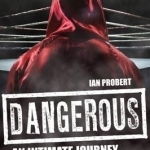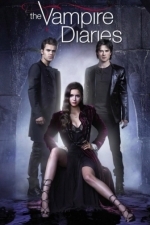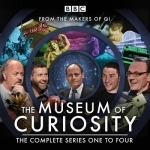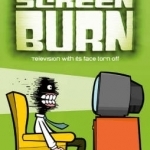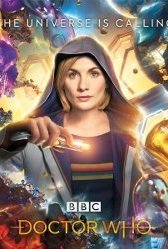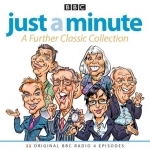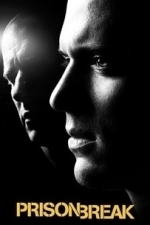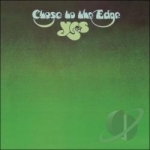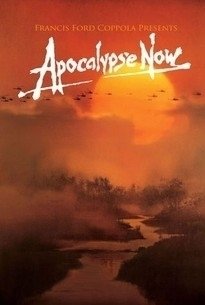"Another film is Apocalypse Now, which I’m sure every male moron you’ve ever interviewed has put in his top five. But the reason I put it in my top five is because Ian MacKaye, my best friend, and I went to go see it, first run, and we walked out not understanding what we had seen. But we walked home with, like, smoke coming out of our ears. And it’s one of those, where you’re young with no car, you get used to walking — like, “it’s only four miles each way.” And you’re so young and so stupid you just do it. Just getting snowed on. No problem. It was one of those massive walks back to our neighborhood and we just kinda walked home in shocked silence. We were, in a way, devastated, and neither one of us could tell you what that film was about. “Was it about the war?” “I guess.” So we went back to see it again later, and we were like 18 or 17. And maybe other 17-year-olds could’ve articulated it, but for Ian and I, we loved it but we were just kinda devastated by it.
As I grew older, now I’m a twenty-something, and I’m watching once a year. And I start to understand it when I start to understand the Vietnam War differently. I’m starting to understand that conflict a little more as a young adult. Then I start reading into the characters more, and the more I see it, one day I feel like I’m Willard, Martin Sheen’s character. And one day I feel like I’m Kurtz, Brando’s character. And then I join Black Flag and our tours — our van was like PBR Street Gang. The highway was the Nung river. We would just go into these hairy situations.
I’ll never forget one night, I’m in the back of our equipment truck with the backdoor kinda open, me and one of the roadies, and we’re looking at the lights of some harbor in Florida and I looked at him and said, “This sure enough is a bizarre sight in the middle of all this s—,” as Clean says when they’re going into that crazy kinda nightclub, DMZ area where Bill Graham comes out and does his amazing scene. And, Apocalypse Now lines from the film became patter between me and a Black Flag roadie, and then between members of the Rollins band, where we would speak in Apocalypse Now. When we’d go into a place where everything was screwed up I’d say, “Chris, did you find the monitor guy?” and he’d say, “No, there’s no f—ing CO here,” which is from Apocalypse Now, which means there’s nobody in charge; this place is a wreck. So, as I got older — I’m 55 now — that film is still relevant to me. And it still speaks to me on a lot of levels. Like when Kurtz says to Willard, “It’s impossible for words to describe what is necessary to those who do not know what horror means… you must make a friend of horror.” And I never really understood that line until I was involved in a murder [the murder of Joe Cole], where I was almost killed and my friend was killed. I became full of horror. And once you get that, you get it. And so I’ll never think of that line the same way again, because it so describes what happened to me.
I can’t describe what that was like to you. I can describe it but it’s gonna fall short. Unless that’s happened to you, you don’t understand what I’m telling you. You’ll only understand it in a journalistic way. Oh, right, OK, something bad happened. You don’t know the half of it, ’cause I can’t articulate it to you, and you can’t read me. And it’s what happened to all these dudes. These Vietnam vets, Iraq and Afghanistan. They come home and no one can read them. Which is shown so beautifully in The Hurt Locker. When the guy goes home and he’s preparing the meal with his wife, like yeah, “This guy got blown up.” And she’s like “Uh-Huh, cut the carrots.” There’s a complete disconnect. And so what Apocalypse Now — I finally figured it out — it’s just about insanity, which is nothing but what war is. It’s just a bunch of people being completely insane. And it captures the insanity of human conflict perfectly. It could’ve been any war."
Source

